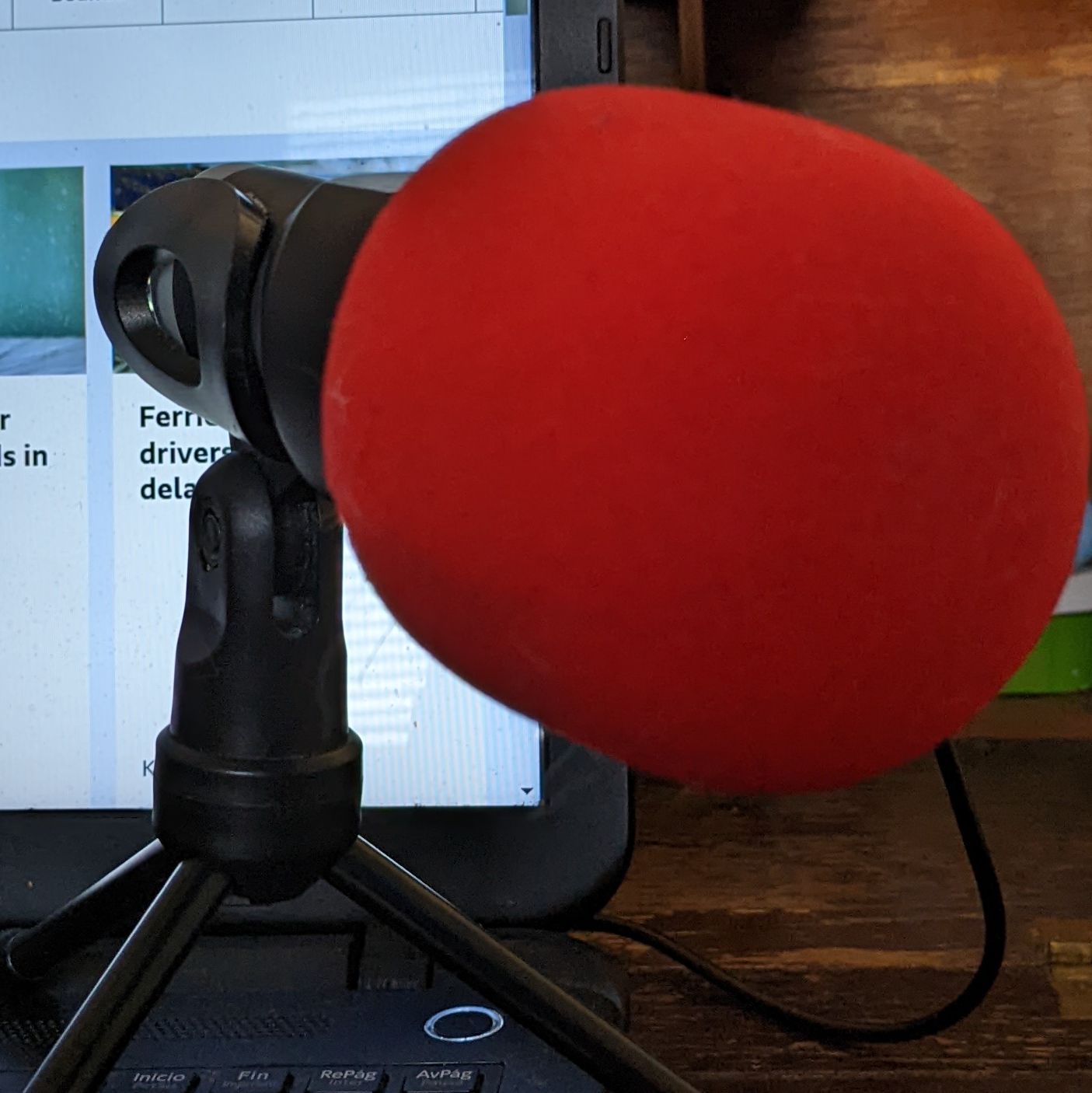Pesquise entre vários professores de Inglês...

How to say sorry in various registers of English
Descrição
TRANSCRIPTION (explanation included)
These expressions of apology encompass a range of tones and levels of formality. In everyday conversation, one might simply say "sorry" or "my bad" to acknowledge a mistake. When the apology is sincere, phrases like "I sincerely apologize" and "I'm truly sorry" convey the depth of regret. In informal settings, a more casual approach may be taken with expressions like "I messed up" or "oops, I'm sorry," adding a touch of camaraderie. For matters necessitating decorum, a formal approach may involve phrases like "I offer my most sincere apologies" or "please accept my formal apology," while emphasizing the depth of regret. Politeness tempers the apology in expressions such as "I'm so sorry" and "please forgive me," demonstrating a genuine desire for reconciliation. A touch of wit adds a layer of humor to the apology, as seen in expressions like "I'm on the apology tour" or "I'm in hot water." In more refined circles, the upper class might communicate their regret with statements like "I must express my profound regret" or "please accept my sincerest apologies," maintaining an air of warmth. For royalty, an apology is conveyed with grace and respect, as in "I extend my most heartfelt apologies" or "please accept my deepest regrets," underscoring the formal nature of the response. Ultimately, the choice of expression hinges on the context and the level of decorum required for the situation at hand.
Canal de Podcast
LEARN BY LISTENING
Autor
Todos os episódios

EP. 3 How do you pronounce "four tones" in Chinese? Welcome Chinese beginners to listen!

【beginner~intermediate 】4.6 「自分は大人」と答えた若い人 日本は27%でいちばん低い

한국 커피숍에서의 경험 ☕️

T2 E6 - Usos de la palabra PEDO en el español mexicano

只,枝,支的用法

Clarice Lispector

"Identidad", texto sobre La Plata | Nivel B2 | Para escuchar 👀

Stansted Airport's Christmas Drive-In Cinema (with transcript)
Episódios populares

Sherri Chinese
EP. 3 How do you pronounce "four tones" in Chinese? Welcome Chinese beginners to listen!

I AM YOUR JAPANESE TUTOR
【beginner~intermediate 】4.6 「自分は大人」と答えた若い人 日本は27%でいちばん低い

한국의 문화
한국 커피숍에서의 경험 ☕️

Es De Verdad
T2 E6 - Usos de la palabra PEDO en el español mexicano

中文小课堂
只,枝,支的用法

Português Pindorama
Clarice Lispector

El profe Tomi
"Identidad", texto sobre La Plata | Nivel B2 | Para escuchar 👀

Teacher Joseph's Podcast
Stansted Airport's Christmas Drive-In Cinema (with transcript)